rules
We find out if people in Tokyo are ripping off their masks and throwing them to the wind in light of the new changes.
Government considering ending previous limitations on guests for large events like concerts.
Although the results are an improvement on previous years, a worrying number of drivers aren’t stopping at pedestrian crossings.
A coalition of students, teachers, and lawyers submitted the petition to the Japanese Ministry of Education on March 26.
Easing of uniform rules is a welcome change for heroic rescuers who put their lives on the line.
A rare legal video game document was unearthed recently by a Twitter user which outlines the eight laws that true “super players” must follow to be certified as such by the makers of the Japanese Super Mario Bros. 2, still known to this day as one of the most difficult games ever made.
However, like many constitutions this was made during different times and might not apply too well to modern life or in this case modern gaming. Still, if you want to see if you’re a true old-school super player take a look at the eight articles you must adhere to.
If you’ve been on the train in Japan, you’ve likely seen the stickers and signs plastered everywhere around the priority seats asking people to make room for those who need and to turn off cell phones. While you should definitely continue to give your seat to anyone who needs it, starting next month, you’ll no longer have to feel guilty about playing Angry Birds in the priority seating section—unless it’s rush hour.
We had a great time at Comiket this weekend and saw enough to fill a few photo books! Of course, it’s impossible to talk about everything, but one of the more eye-catching things we noticed were the cosplay photography rules. There’s a good chance you remember this little tweet from this past summer, showing a cosplayer surrounded and photographed at low angles. And probably not for better lighting…
Well, it turns out, that kind of photography probably isn’t within Comiket rules!
If you’re like me and enjoy riding a bike while smoking a cigar, kicking a soccer ball around, with a group of friends and your dog while also shooting off a bottle rocket or two when going to the park, you’ll be hard pressed to find one that will accept you.
But you don’t even have to be nearly as obnoxious as I am to be denied entry into some of the thousands of municipal parks across Japan. In recent years, the number of bans on a vast range of activities ordinarily done it parks from riding bikes to walking dogs have been getting banned at an alarming rate.
At least, they would be, but alarms are also probably banned in many parks.
Ask someone to describe the Japanese people in ten words or fewer and more often than not ‘polite’ or ‘reserved’ will appear somewhere in the mix. Japan is known the world over as a safe, pleasant place to live where people are on the whole helpful and courteous; few people visit Japan and return home with tales of rude airport staff or inattentive waitresses.
When I first came to Japan, I had the pleasure of living for five years in a pretty little town in Fukushima Prefecture, surrounded by rice fields, rivers and some of the deepest greens I have ever seen. Of course, I experienced the warmth of locals’ hospitality and kindness first-hand, but it was only in when I moved south to Tokyo in 2011 that I came to understand the real meaning of the word manā (‘manner’), and began to appreciate how much more important it is in urban living.
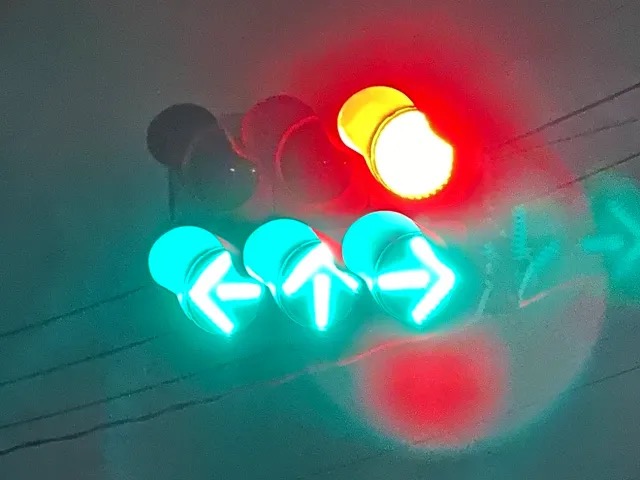
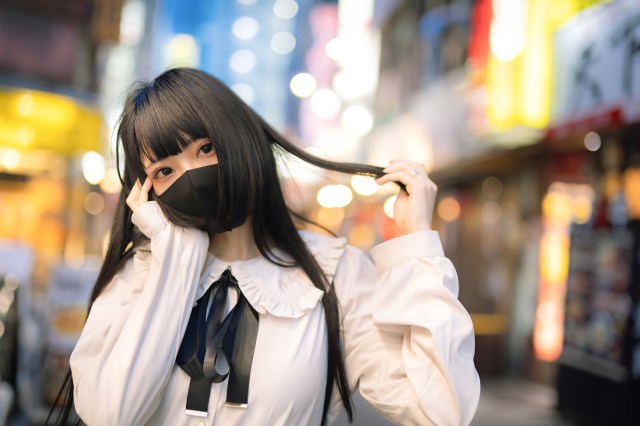

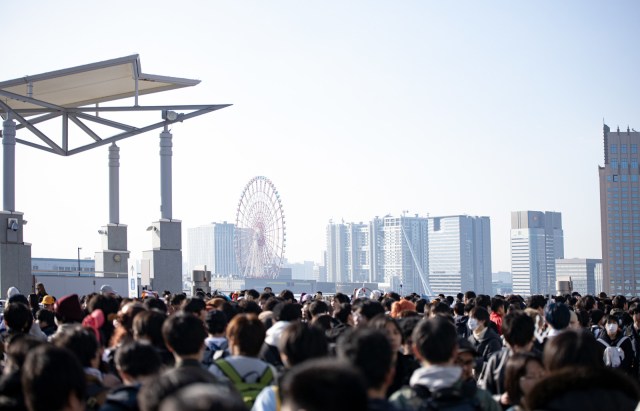
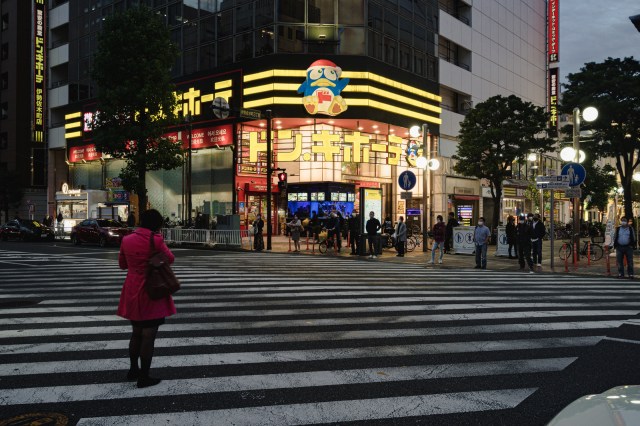
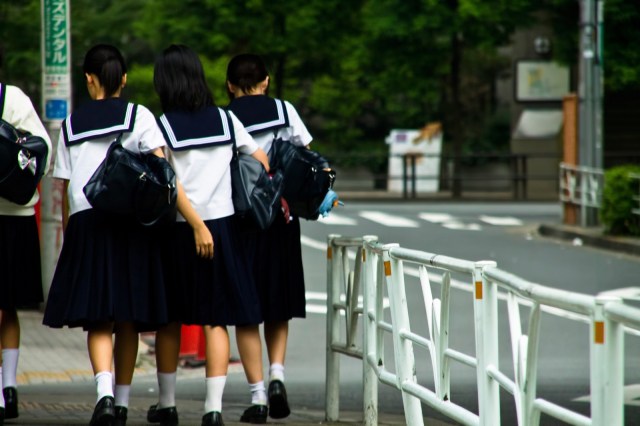

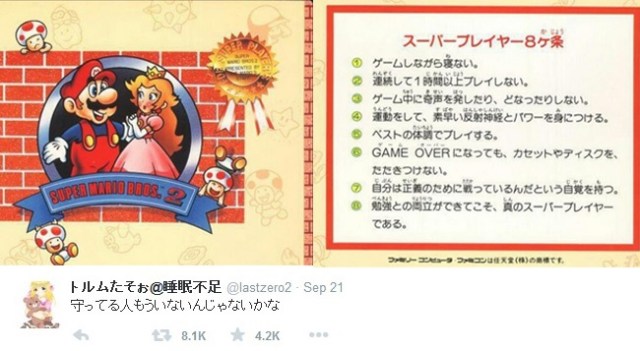
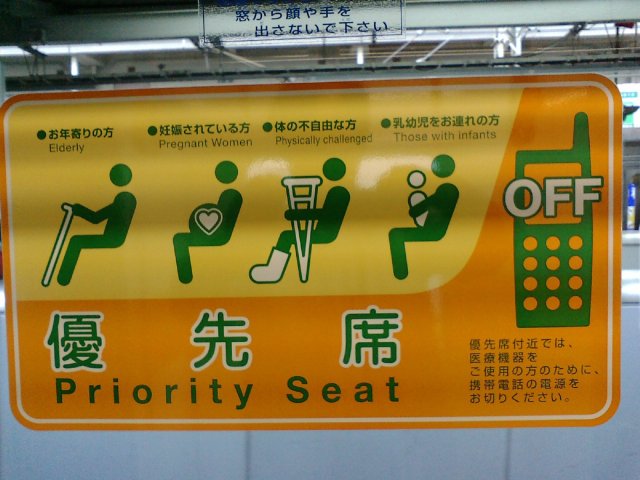
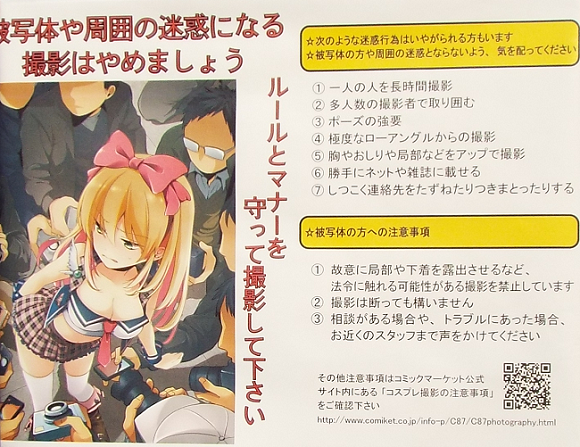
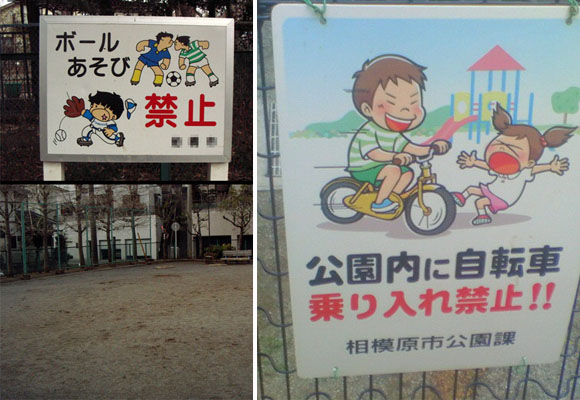
 Survey finds that one in five high schoolers don’t know who music legend Masaharu Fukuyama is
Survey finds that one in five high schoolers don’t know who music legend Masaharu Fukuyama is If you haven’t tried an antenna shop in Japan, you’re missing out
If you haven’t tried an antenna shop in Japan, you’re missing out What’s the best way to spend 1,000 yen at Kura Sushi?【Japan Super Budget Dining】
What’s the best way to spend 1,000 yen at Kura Sushi?【Japan Super Budget Dining】 Japanese potato chip Rubik’s Cubes coming soon
Japanese potato chip Rubik’s Cubes coming soon Godiva’s Tokyo bakery is FINALLY easy to get into and shop at
Godiva’s Tokyo bakery is FINALLY easy to get into and shop at Yakuzen ramen restaurant in Tokyo is very different to a yakuza ramen restaurant
Yakuzen ramen restaurant in Tokyo is very different to a yakuza ramen restaurant Saitama is home to the best strawberries in Japan that you’ve probably never even heard of
Saitama is home to the best strawberries in Japan that you’ve probably never even heard of Hana Komon: Japan’s beautiful, samurai-style floral birthday crests
Hana Komon: Japan’s beautiful, samurai-style floral birthday crests Get ready with Roland, the top-earning host in Japan【Video】
Get ready with Roland, the top-earning host in Japan【Video】 Super Sentai Series to end after this season
Super Sentai Series to end after this season The 10 most annoying things foreign tourists do on Japanese trains, according to locals
The 10 most annoying things foreign tourists do on Japanese trains, according to locals Starbucks Japan releases new sakura goods and drinkware for cherry blossom season 2026
Starbucks Japan releases new sakura goods and drinkware for cherry blossom season 2026 Naruto and Converse team up for new line of shinobi sneakers[Photos]
Naruto and Converse team up for new line of shinobi sneakers[Photos] Is Sapporio’s Snow Festival awesome enough to be worth visiting even if you hate the snow? [Pics]
Is Sapporio’s Snow Festival awesome enough to be worth visiting even if you hate the snow? [Pics] Japan has trams that say “sorry” while they ride around town…but why?
Japan has trams that say “sorry” while they ride around town…but why? Sakura Totoro is here to get spring started early with adorable pouches and plushies
Sakura Totoro is here to get spring started early with adorable pouches and plushies Starbucks Japan unveils new sakura Frappuccino for cherry blossom season 2026
Starbucks Japan unveils new sakura Frappuccino for cherry blossom season 2026 Poop is in full bloom at the Unko Museums for cherry blossom season
Poop is in full bloom at the Unko Museums for cherry blossom season Now is the time to visit one of Tokyo’s best off-the-beaten-path plum blossom gardens
Now is the time to visit one of Tokyo’s best off-the-beaten-path plum blossom gardens Playing Switch 2 games with just one hand is possible thanks to Japanese peripheral maker
Playing Switch 2 games with just one hand is possible thanks to Japanese peripheral maker Japan’s newest Shinkansen has no seats…or passengers [Video]
Japan’s newest Shinkansen has no seats…or passengers [Video] Foreigners accounting for over 80 percent of off-course skiers needing rescue in Japan’s Hokkaido
Foreigners accounting for over 80 percent of off-course skiers needing rescue in Japan’s Hokkaido Super-salty pizza sends six kids to the hospital in Japan, linguistics blamed
Super-salty pizza sends six kids to the hospital in Japan, linguistics blamed Foreign tourists in Japan will get free Shinkansen tickets to promote regional tourism
Foreign tourists in Japan will get free Shinkansen tickets to promote regional tourism Take a trip to Japan’s Dododo Land, the most irritating place on Earth
Take a trip to Japan’s Dododo Land, the most irritating place on Earth Archfiend Hello Kitty appears as Sanrio launches new team-up with Yu-Gi-Oh【Pics】
Archfiend Hello Kitty appears as Sanrio launches new team-up with Yu-Gi-Oh【Pics】 Survey asks foreign tourists what bothered them in Japan, more than half gave same answer
Survey asks foreign tourists what bothered them in Japan, more than half gave same answer Japan’s human washing machines will go on sale to general public, demos to be held in Tokyo
Japan’s human washing machines will go on sale to general public, demos to be held in Tokyo Starbucks Japan releases new drinkware and goods for Valentine’s Day
Starbucks Japan releases new drinkware and goods for Valentine’s Day We deeply regret going into this tunnel on our walk in the mountains of Japan
We deeply regret going into this tunnel on our walk in the mountains of Japan Studio Ghibli releases Kodama forest spirits from Princess Mononoke to light up your home
Studio Ghibli releases Kodama forest spirits from Princess Mononoke to light up your home Major Japanese hotel chain says reservations via overseas booking sites may not be valid
Major Japanese hotel chain says reservations via overseas booking sites may not be valid Put sesame oil in your coffee? Japanese maker says it’s the best way to start your day【Taste test】
Put sesame oil in your coffee? Japanese maker says it’s the best way to start your day【Taste test】 No more using real katana for tourism activities, Japan’s National Police Agency says
No more using real katana for tourism activities, Japan’s National Police Agency says Yakuzen ramen restaurant in Tokyo is very different to a yakuza ramen restaurant
Yakuzen ramen restaurant in Tokyo is very different to a yakuza ramen restaurant Saitama is home to the best strawberries in Japan that you’ve probably never even heard of
Saitama is home to the best strawberries in Japan that you’ve probably never even heard of Hana Komon: Japan’s beautiful, samurai-style floral birthday crests
Hana Komon: Japan’s beautiful, samurai-style floral birthday crests Get ready with Roland, the top-earning host in Japan【Video】
Get ready with Roland, the top-earning host in Japan【Video】 Super Sentai Series to end after this season
Super Sentai Series to end after this season New rules allow Japanese adult film actresses to stop the sale of their videos after five years
New rules allow Japanese adult film actresses to stop the sale of their videos after five years How to armor yourself in the event of a sudden attack: A guide for samurai beginners and pros
How to armor yourself in the event of a sudden attack: A guide for samurai beginners and pros Getting a driver’s license in Japan the hard way — Part 5: The second written test
Getting a driver’s license in Japan the hard way — Part 5: The second written test Viral 3D ice creams land in Japan… but are they worth the hype?
Viral 3D ice creams land in Japan… but are they worth the hype? Host King Roland goes to Akihabara disguised as a foreign otaku 【Video】
Host King Roland goes to Akihabara disguised as a foreign otaku 【Video】 Electric conveyor belt sushi kit brings the fun of a revolving sushi restaurant into your home
Electric conveyor belt sushi kit brings the fun of a revolving sushi restaurant into your home Kyoto planning surprise late-night inspections of Airbnb-style rentals to fight overtourism
Kyoto planning surprise late-night inspections of Airbnb-style rentals to fight overtourism